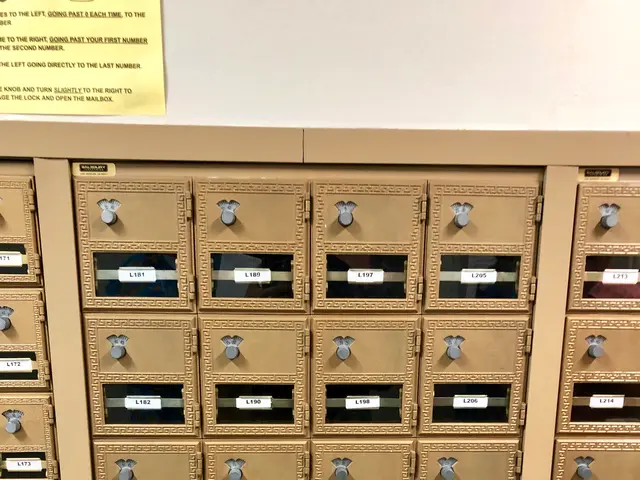The importance of incorporating children into family financial planning
Navigating Money Matters: A Parent's Guide to Raising Financially Savvy Kids
Teaching kids about money is a tricky task as parents often make mistakes. Financially savvy expert, Venera Zhanalina, warns against using cash as a tool for punishment or reward, as it can distort a child's understanding of money's value and motivation.
On the other end of the spectrum, total control is equally detrimental. Overbearing adults who decide every penny a child should have, monitor each purchase, and forbid 'unnecessary' spending can stifle their financial independence and decision-making skills.
Avoiding the subject altogether is equally harmful. 'Money talk' taboo should never be upheld, emphasizes Zhanalina.
The ideal approach is a harmonious blend of guidance and freedom. Zhanalina advocates for supportive involvement which involves giving children the freedom to manage their funds while offering guidance and mentorship when necessary, all without judgment.
Both parents must be in sync and set a positive example as children often learn by observing their parents' behavior.
Financial expert Zarima Atabayeva emphasizes on the importance of allowing children to make financial mistakes. It's through these experiences that they learn valuable lessons about money management.
Empowering Kids to Manage Finances
To help children understand the essence of money, simple and enjoyable financial activities should be incorporated during their free time, especially school holidays.
Setting up home businesses like a store or a café where children calculate profits and expenses, plan budgets, or play 'Monthly Goal' can be a fun way to teach them about handling money.
Classic money games such as 'Monopoly', 'Money Flow for Kids', 'Financial Labyrinth', and board games that require money management are also effective educational tools.
Involving children in managing household finances can help them grasp the importance of budgeting and the value of money.
Taking vacations abroad can offer opportunities for children to experience currency conversions and play a role in calculating the overall trip budget. They can also be tasked with choosing suitable excursions or suggesting cost-effective activities.
Comparing prices of frequently purchased family items in different stores to find the best deals, and setting the saved amount aside as a reward for the teenager, is another means of engaging children in financial literacy.
However, it's crucial to strike a balance, as wasting time and resources in pursuit of insignificant savings can have counterproductive effects.
Encouraging Financial Independence
Besides, children can also begin earning their own money by taking up official jobs from the age of 14 with parental consent. Even before this age, kids can engage in light, safe forms of employment such as helping neighbors, selling handmade items, or launching small businesses like making bracelets or stickers.
The role of parents is pivotal. They can approve the initiative, ensure legal compliance, assit with logistics, and promote the business, all while gently guiding and supporting the child without ridicule.
When a child starts earning money, parents should avoid excessive control and instead instill confidence through open communication, trust, and healthy financial conversations.
Previously, we've shared other financial skills children can learn during their summer holidays to foster their financial literacy and prepare them for future financial independence.
I should encourage my child's personal growth and financial independence by empowering them to manage their funds through simple yet enjoyable activities during their free time, such as setting up home businesses, playing monetary games, or managing household finances.
As my child starts earning money, I must champion their education and self-development by fostering confidence through open communication, trust, and healthy financial conversations, rather than imposing excessive control or relying solely on my lifestyle as an example.







